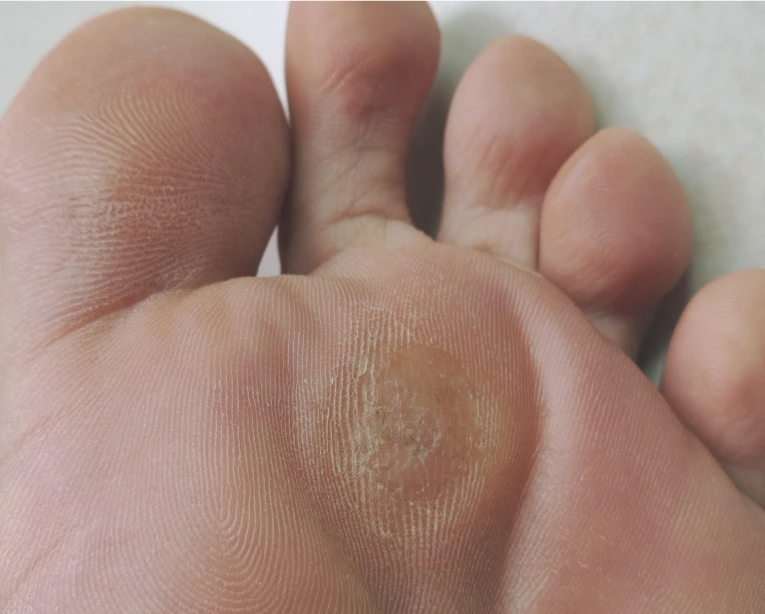How Does Body Hair Transplant Compare FUE?
- aesthatic clinic
.jpg/v1/fill/w_320,h_320/file.jpg)
- Jun 14, 2025
- 3 min read
BHT utilizes hair from other body parts, such as the chest, beard, or legs. This technique is particularly beneficial for those with advanced baldness or insufficient donor supply. But how does Body Hair Transplant compare to FUE in terms of effectiveness, procedure, and results? Let’s explore the key differences. For those considering advanced hair restoration, Body Hair Transplant in Dubai offers cutting-edge solutions tailored to individual needs.
Understanding Body Hair Transplant (BHT)
What Is a Body Hair Transplant?
A Body Hair Transplant involves extracting hair follicles from non-scalp areas and implanting them into balding regions. This method is ideal for patients who lack sufficient donor hair on their scalp but have abundant body hair.
How Does BHT Work?
Donor Area Selection – Hair is taken from the chest, beard, arms, or legs.
Follicle Extraction – Individual follicles are carefully removed using FUE techniques.
Graft Preparation – The extracted follicles are trimmed and prepared for transplantation.
Implantation – The surgeon strategically places the grafts into the recipient area for natural growth.

Advantages of Body Hair Transplant
Expands donor supply for patients with limited scalp hair.
Provides coverage for extensive baldness.
Delivers natural-looking results when performed by skilled surgeons.
Understanding Follicular Unit Extraction (FUE)
What Is FUE?
Follicular Unit Extraction (FUE) is a minimally invasive hair transplant method where individual hair follicles are extracted from the scalp’s donor area and transplanted to thinning or balding sections.
How Does FUE Work?
Donor Area Shaving – The back or sides of the scalp are trimmed for easier extraction.
Punch Tool Extraction – A micro-punch tool removes follicles one by one.
Graft Preparation – The harvested follicles are sorted and prepared.
Implantation – The surgeon places the grafts into tiny incisions in the recipient area.
Advantages of FUE
No linear scar (unlike FUT).
Faster recovery compared to older techniques.
Suitable for patients with good scalp donor density.
Key Differences Between Body Hair Transplant and FUE
Donor Source
BHT – Uses body hair (beard, chest, legs).
FUE – Relies solely on scalp hair.
Graft Survival Rate
BHT – Body hair has a slightly lower survival rate due to different growth cycles.
FUE – Scalp hair has a higher survival rate as it is naturally suited for the head.
Growth Characteristics
BHT – Body hair may grow at different textures and rates compared to scalp hair.
FUE – Provides uniform growth since all hair comes from the scalp.
Ideal Candidates
BHT – Best for patients with advanced hair loss and limited scalp donors.
FUE – Ideal for those with sufficient scalp donor hair and early to moderate hair loss.
Procedure Complexity
BHT – More complex due to differences in hair angle and texture.
FUE – Simpler, as it involves only scalp hair.
Which One Is Right for You?
Choosing between Body Hair Transplant and FUE depends on:
Donor Hair Availability – If scalp hair is insufficient, BHT is preferable.
Extent of Baldness – Advanced cases may require BHT for full coverage.
Desired Aesthetic Results – FUE provides more natural scalp-like hair.
A consultation with an experienced surgeon can determine the best approach based on individual needs.
Conclusion
Both Body Hair Transplant and FUE are effective hair restoration techniques, each with unique benefits. While FUE is the gold standard for most patients, BHT serves as an excellent alternative for those lacking adequate scalp donor hair. The choice ultimately depends on the patient’s hair loss stage, donor availability, and desired outcome. For individuals seeking advanced solutions, Body Hair Transplant provides expert care with state-of-the-art techniques to achieve optimal results









Comments